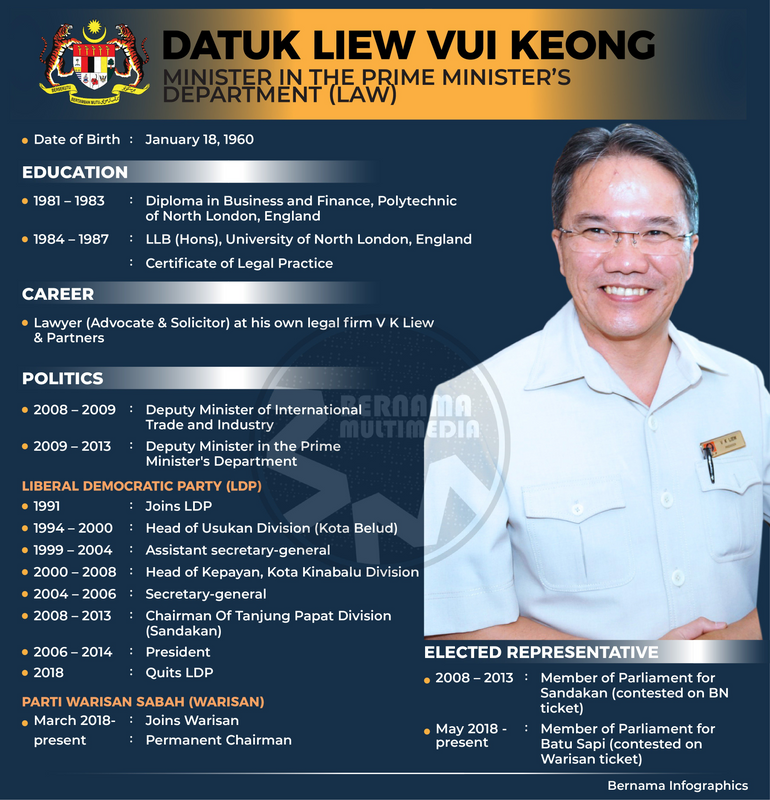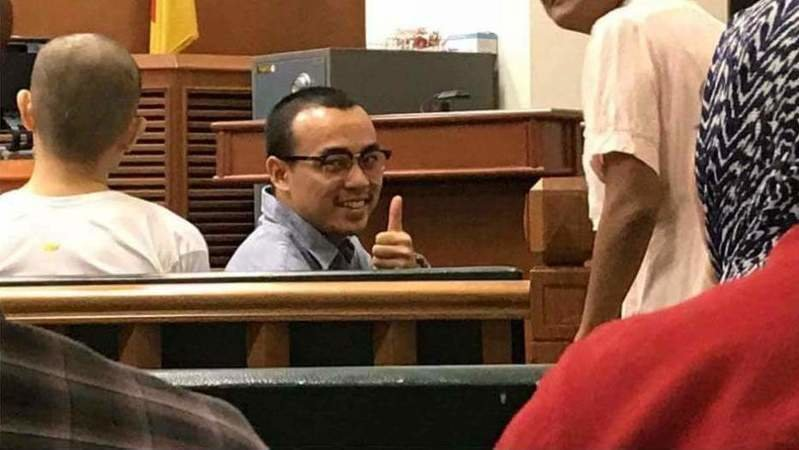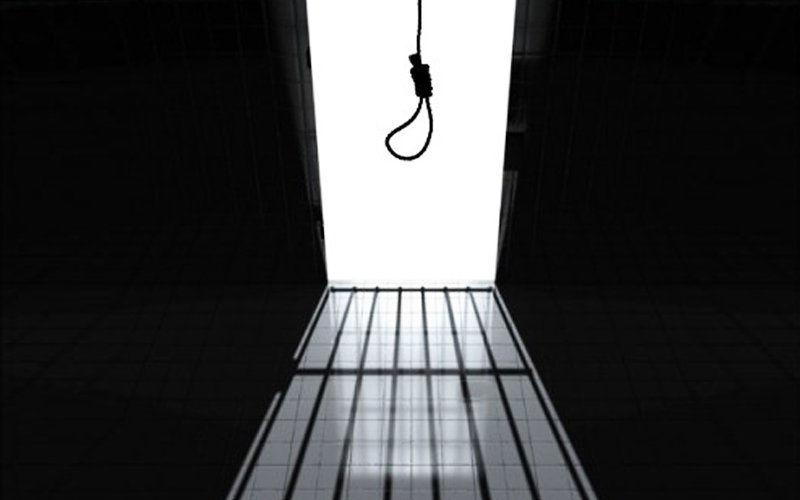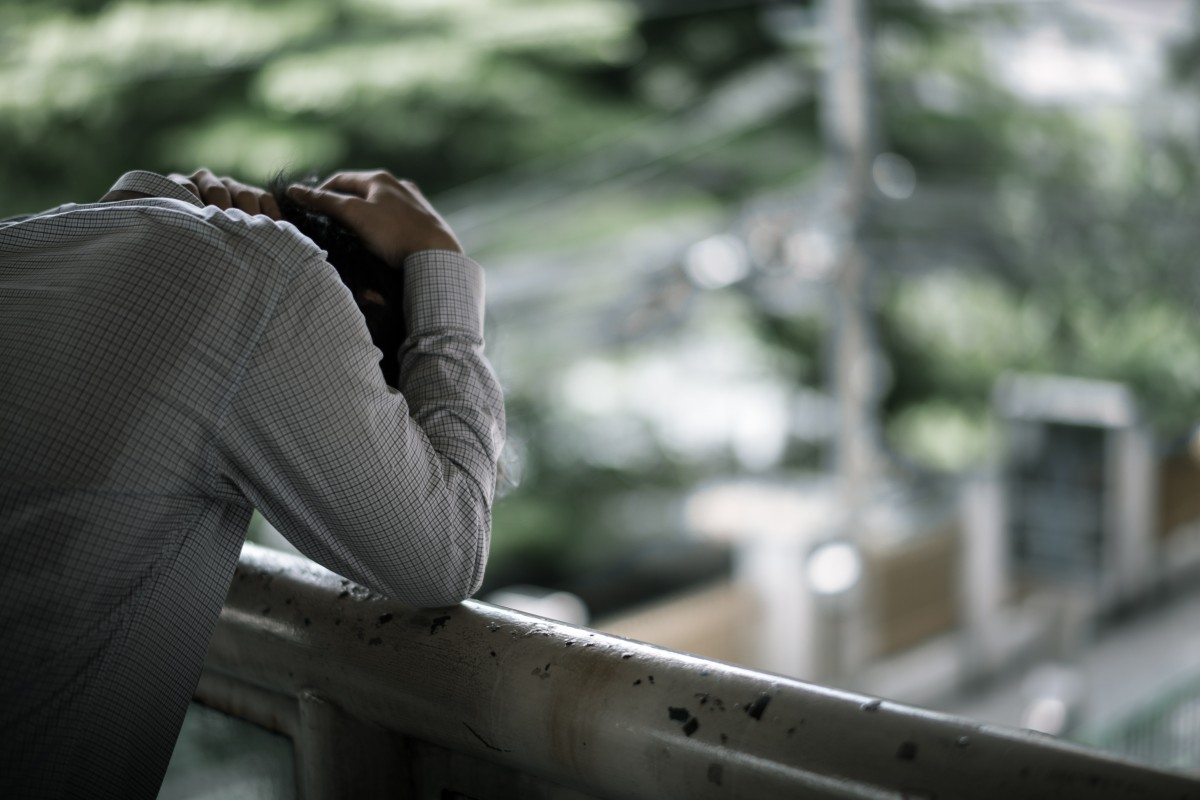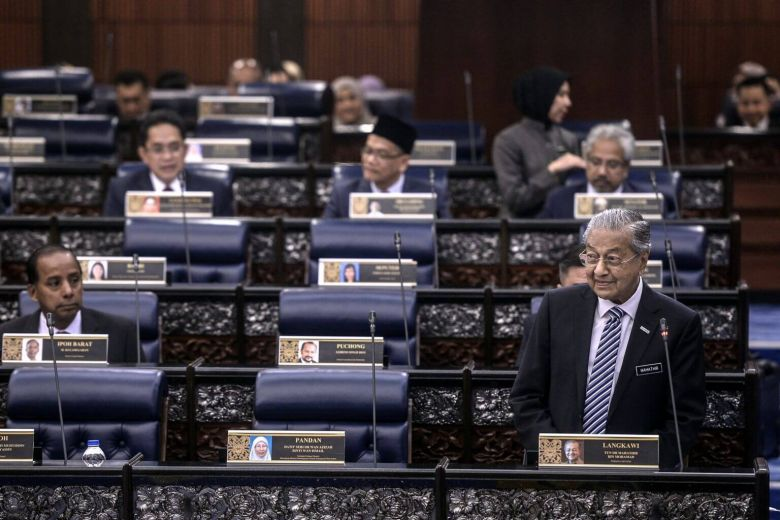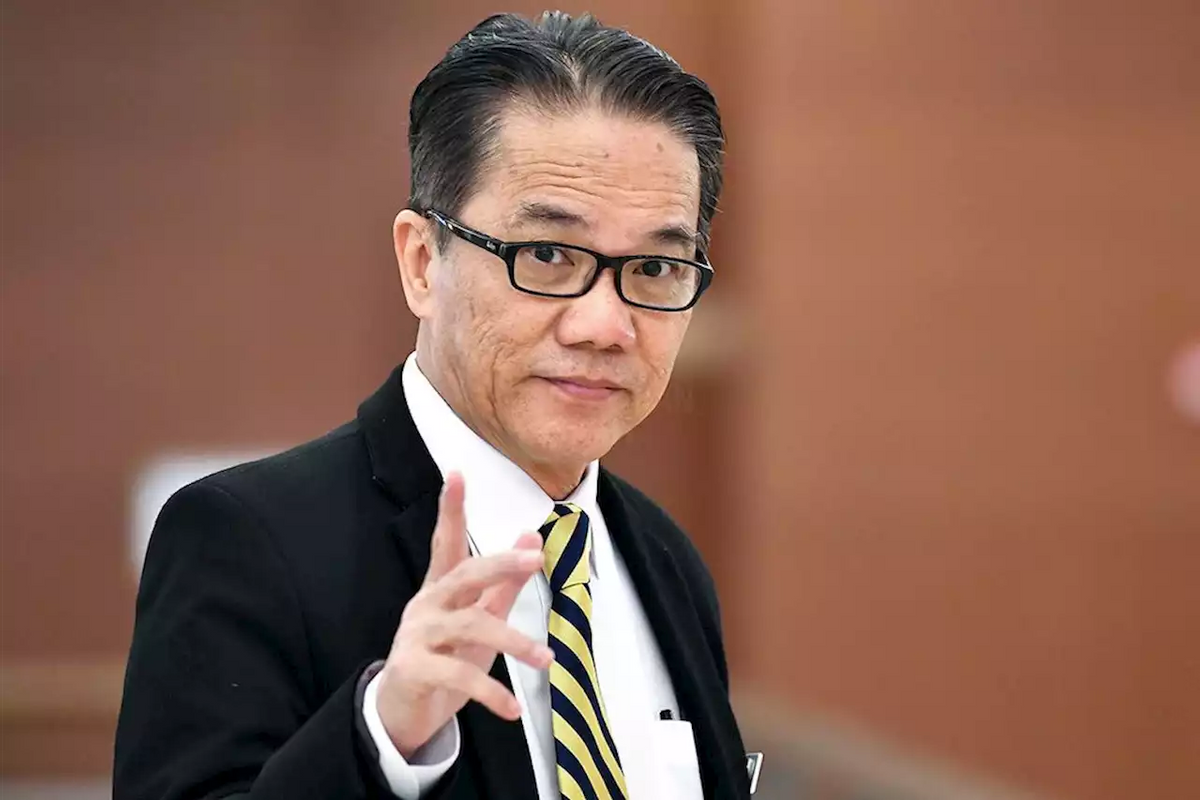From Abolishing Death Penalty To Outlawing Stalking: Here Are 7 Laws Liew Tried To Reform
Revered by leaders from both sides, Datuk Liew Vui Keong passed away on Friday, 2 October.
Datuk Liew Vui Keong, the former de facto law minister under the Pakatan Harapan (PH) government, passed away on Friday, 2 October
In mid-September, the Batu Sapi lawmaker was warded at a hospital for a slipped disc, but shortly after, he contracted a lung infection and slipped into a coma, reported Malaysiakini.
Warisan deputy president Darell Leiking and Sandakan Member of Parliament (MP) Vivian Wong have confirmed Liew's passing.
The news has prompted politicians from both divides, activists, and public figures nationwide to send their condolences
"My deepest condolences to the family of Datuk VK Liew on his sudden passing in Kota Kinabalu," tweeted former Sabah chief minister Tan Sri Musa Aman.
While, MCA president Datuk Seri Wee Ka Siong said although he disagreed with Liew on several matters, their friendship did not end because of their differences.
"His death is a big loss to the people and the country. His services and devotion as a leader will always be remembered," The Star quoted Wee as saying.
Liew was once the president of the Liberal Democratic Party (LDP), which was then aligned with Barisan Nasional. He left the party to join Warisan before the 14th General Election and became its permanent chairman.
Meanwhile, former youth and sports minister Syed Saddiq thanked Liew for letting him lead on the constitutional amendment to lower the voting age to 18 and giving him guidance when things got tough.
Former PKR vice-president Nurul Izzah Anwar said, "[Liew] sincerely supported prison reforms; always made time to consult and engage, especially in pursuing the abolishment of the death penalty. A kind and patient soul, gone much too soon. Our deepest, deepest condolences."
Among the voices joining in include activists Women's Aid Organisation (WAO) deputy executive director of the Ren Chung Yu and Asian Forum for Human Rights and Development's (FORUM-ASIA) executive director Shamini Darshni Kaliemuthu
It is clear that Liew is revered by many leaders despite their different disciplines and political views.
Biodata of Liew Vui Keong after he was announced as the de facto law minister under the PH administration.
Image via Bernama (Twitter)Hence, to commemorate the late leader's 29 years of service towards Malaysia, here's a look back at seven reforms he tried to push for:
1. Criminalising stalking
In January 2019, Liew said the then government was looking into enacting anti-stalking laws because stalking is not illegal by the country's law, reported The Star.
It is difficult to convict a stalker if he or she does not inflict physical injuries or other types of pain to the victim.
The move was welcomed by WAO and it led Liew to work closely with the women's rights group and other non-governmental organisations (NGOs).
Exactly one year after his announcement on 12 January 2020, New Straits Times reported that the legislation was expected to be tabled in Parliament in March this year.
It is unsure if the Perikatan Nasional (PN) government will finish where Liew left off.
2. Decriminalising the use of marijuana for medical purposes
Malaysian father Muhammad Lukman facing the death penalty for distributing cannabis oil.
Image via ChangeThe push to decriminalise the use of marijuana for medical purposes arose after a Malaysian father, Muhammad Lukman, was sentenced to death for distributing cannabis oil to people suffering pain and could not afford medical treatment, reported Coconuts KL.
The issue, had in 2018, sparked a nationwide discussion on the harsh punishment and the criminality behind using marijuana for medical purposes.
Following the public outcry, Liew agreed with the then Cabinet that Lukman's case should be reviewed and that his subsequent statements indicated his intention to decriminalise the drug to reduce the number of prisoners, reported Free Malaysia Today.
He said these individuals need medical treatment instead of imprisonment as it is an effective way to deter them from reoffending.
3. Abolishing the death penalty
Abolishing the death penalty was also brought up during the controversy revolving Lukman's case.
In fact, Liew had been at the forefront in pushing for the end of the death penalty.
On 29 August last year, the PH Cabinet set up a special committee to study the alternative forms of punishment to replace the death penalty.
Liew had on 21 February this year said his ministry would be reviewing the study and a decision would be made after discussing with the Cabinet, reported The Star.
However, a few weeks later, the PH government collapsed.
4. Decriminalising attempted suicide
Malaysia is one of the few countries that still imprison people for attempted suicide.
Citing it as a mental health condition, Liew said these individuals should be given access to mental healthcare and be cared as patients, not prisoners, reported New Straits Times
While the move to decriminalise the offence was absolute, Liew said the infrastructure to care for these individuals must precede first. He had earlier said he would table the amendment in the Parliament in June this year.
After falling out of the government, he slammed a court's decision for sending a man to one month's jail after he tried to stab himself during the Movement Control Order (MCO) period, reported Free Malaysia Today.
In light of the court's controversial verdict, Liew urged the PN government to amend Section 309 of the Penal Code quickly and told current de facto law minister Datuk Takiyuddin Hassan to be more proactive on such issues.
5. Making Sabah and Sarawak equal partners with Peninsular Malaysia
On 2 April 2019, Liew announced that Putrajaya will be tabling a motion to amend Article 1 (2) of the Federal Constitution to make Sabah, Sarawak, and Peninsular Malaysia equal partners, reported New Straits Times.
The move was welcomed by then Sabah chief minister Datuk Seri Mohd Shafie Apdal, who contended that the state deserves a higher budget allocation and oil royalty for local development.
However, on 9 April, the then government failed to secure a two-thirds majority to pass the amendment bill.
To amend the Federal Constitution, the government needs to secure 148 votes. PH was 10 votes short. No MPs voted against the bill, but 59 MPs abstained from voting, reported The Star.
After the failed attempt, Liew said he won't be re-tabling the amendment soon, citing leaders from Sarawak were playing political games for not voting because they had a last-minute demand to include a six-word phrase into the amendment — which he contended that the phrase is repetitive, reported Malaysiakini.
In May 2020, Liew hoped that the new government will continue from where he left off because he said the previous administration had spent a couple of millions to pay three special committees to study the matter.
Liew also took a jab at Sarawak Chief Minister Abang Johari Openg, saying that the latter would likely vote for the same amendment bill he rejected because his party is now in the federal government.
6. Limiting Prime Minister and Chief Ministers' tenure to two terms
In October 2018, then-premier Tun Dr Mahathir Mohamad announced the government's plans to limit the tenure of the prime minister and chief ministers to two terms.
Fast forward one year later, the proposed bill was brought to the Parliament for the first reading on 3 December 2020.
Liew said that the bill was expected to be debated in the Parliament in March 2020.
However, the current de factor law minister had on 26 August announced that the bill was withdrawn without giving an explanation, reported Bernama.
It was in the PH manifesto to limit the tenure of the prime minister and chief ministers to two terms in order to reform the political system, curb excessive powers, and enhance integrity.
7. Amending Whistleblower Protection Act 2010
In late 2019, Liew announced his intention to review Whistleblower Protection Act 2010 as the law needed to be updated to better protect whistleblowers who expose wrongdoings committed by corporations or organisations, reported Free Malaysia Today.
"It was drafted then according to the condition of the country in 2010, that was about nine years ago," said Liew at the time.
"In nine years, the country has developed, the condition has changed. There is a need to change the bill and amend it to be in accordance with the situation now."
According to a New Straits Times report published in January 2020, he said Legal Affairs Division of the Prime Minister's Department had conducted consultations with stakeholders and the study will continue for the entire year.
He was expected to table the amendments in late 2020.
Liew also said the amendment will also ensure there will be more flexible avenues for whistleblowers to come forward to assist law enforcement with their information.
These are just a portion of legislative reforms Liew tried to work for
In fact, during his tenure under the PH administration, Liew had successfully pushed the constitutional amendment to lower the voting age to 18, repealed Anti-Fake News Act 2018, and introduced stiffer punishments for drink-driving before being materialised by the Ministry of Transport under the current government, among others.
He leaves behind his wife, Linda Lee, and four children.
According to Malay Mail, Liew will be laid to rest at the Nirvana Memorial Park in Telipok on Monday, 5 October.
Speaking of policy reforms, the Community Development Department (KEMAS) is considering creating an elite version of its public kindergartens for families with higher financial capacity:
